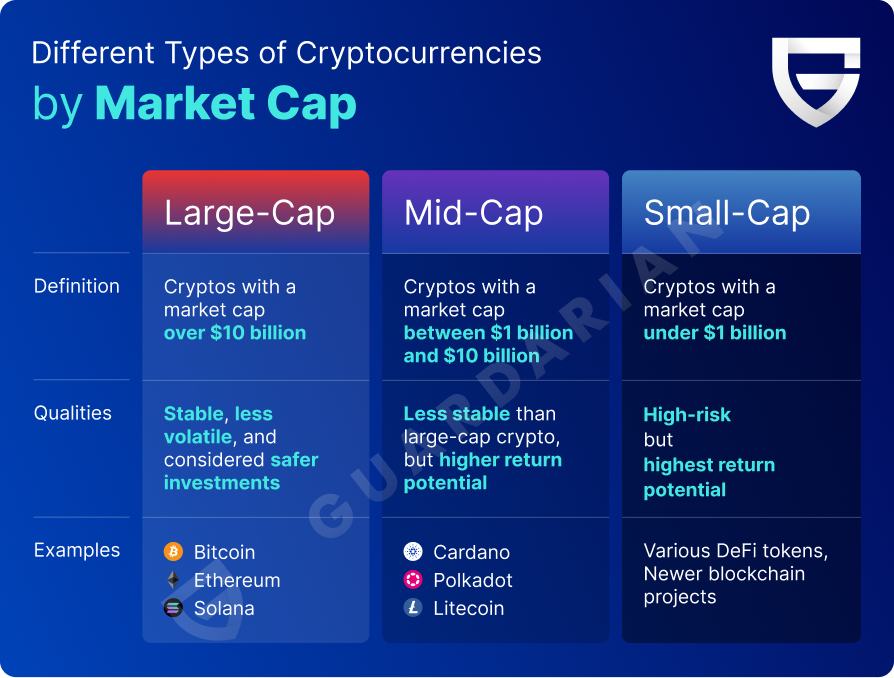all casinos accepting cryptocurrencies
All casinos accepting cryptocurrencies
Why do this? The food industry has seen countless outbreaks of E. coli, salmonella, and listeria; in some cases, hazardous materials were accidentally introduced to foods https://generoustroopers.com/kaboo-casino/. In the past, it has taken weeks to find the source of these outbreaks or the cause of sickness from what people are eating.
Using blockchain allows brands to track a food product’s route from its origin, through each stop it makes, to delivery. Not only that, but these companies can also now see everything else it may have come in contact with, allowing the identification of the problem to occur far sooner—potentially saving lives. This is one example of blockchain in practice, but many other forms of blockchain implementation exist or are being experimented with.
Byteball, another DAG-based network, relies on 12 so-called witness nodes that operate a main chain. These witness nodes are controlled by the developer to check the state of the DAG. While IOTA and Byteball claim their solutions are temporary, they’re problematic in terms of centralization, since both of them are, in a sense, operated by a central authority.
What is the market cap of all cryptocurrencies
TThe data at CoinMarketCap updates every few seconds, which means that it is possible to check in on the value of your investments and assets at any time and from anywhere in the world. We look forward to seeing you regularly!
Generally, cryptocurrency price data will be more reliable for the most popular cryptocurrencies. Cryptocurrencies such as Bitcoin and Ethereum enjoy high levels of liquidity and trade at similar rates regardless of which specific cryptocurrency exchange you’re looking at. A liquid market has many participants and a lot of trading volume – in practice, this means that your trades will execute quickly and at a predictable price. In an illiquid market, you might have to wait for a while before someone is willing to take the other side of your trade, and the price could even be affected significantly by your order.
At the time of writing, we estimate that there are more than 2 million pairs being traded, made up of coins, tokens and projects in the global coin market. As mentioned above, we have a due diligence process that we apply to new coins before they are listed. This process controls how many of the cryptocurrencies from the global market are represented on our site.
Almost. We have a process that we use to verify assets. Once verified, we create a coin description page like this. The world of crypto now contains many coins and tokens that we feel unable to verify. In those situations, our Dexscan product lists them automatically by taking on-chain data for newly created smart contracts. We do not cover every chain, but at the time of writing we track the top 70 crypto chains, which means that we list more than 97% of all tokens.
A distributed ledger is a database with no central administrator that is maintained by a network of nodes. In permissionless distributed ledgers, anyone is able to join the network and operate a node. In permissioned distributed ledgers, the ability to operate a node is reserved for a pre-approved group of entities.

Are all cryptocurrencies the same
To be considered legitimate, a cryptocurrency system must be able to prove token ownership exclusively through cryptographic means. If any other proof of ownership is utilized, the system is either not a crypto at all or it is a hybrid system.
Digital currencies are better than physical currencies as it is difficult to forge them. Physical currencies might have different unique features, such as watermarks and optically variable ink. However, these features don’t make physical currencies invulnerable to counterfeiting. On top of that, digital currencies also offer more efficient, secure, and instantaneous transactions. You can also use digital currencies to make faster and easier cross-border payments without paying hefty transaction fees.
Cryptocurrencies are digital currencies that use cryptography to secure and verify transactions in a network. Cryptography is also used to manage and control the creation of such currencies. Bitcoin and Ethereum are examples of cryptocurrencies. Depending on the jurisdiction, cryptocurrencies may or may not be regulated.
A genuine cryptocurrency is decentralized in that it does not require a central authority to maintain its operation. Rather, the system is maintained by distributed consensus. This is to say that the computer nodes responsible for keeping the platform’s network up and running must agree on changes to the system in order for those changes to be implemented.

Leave a Reply